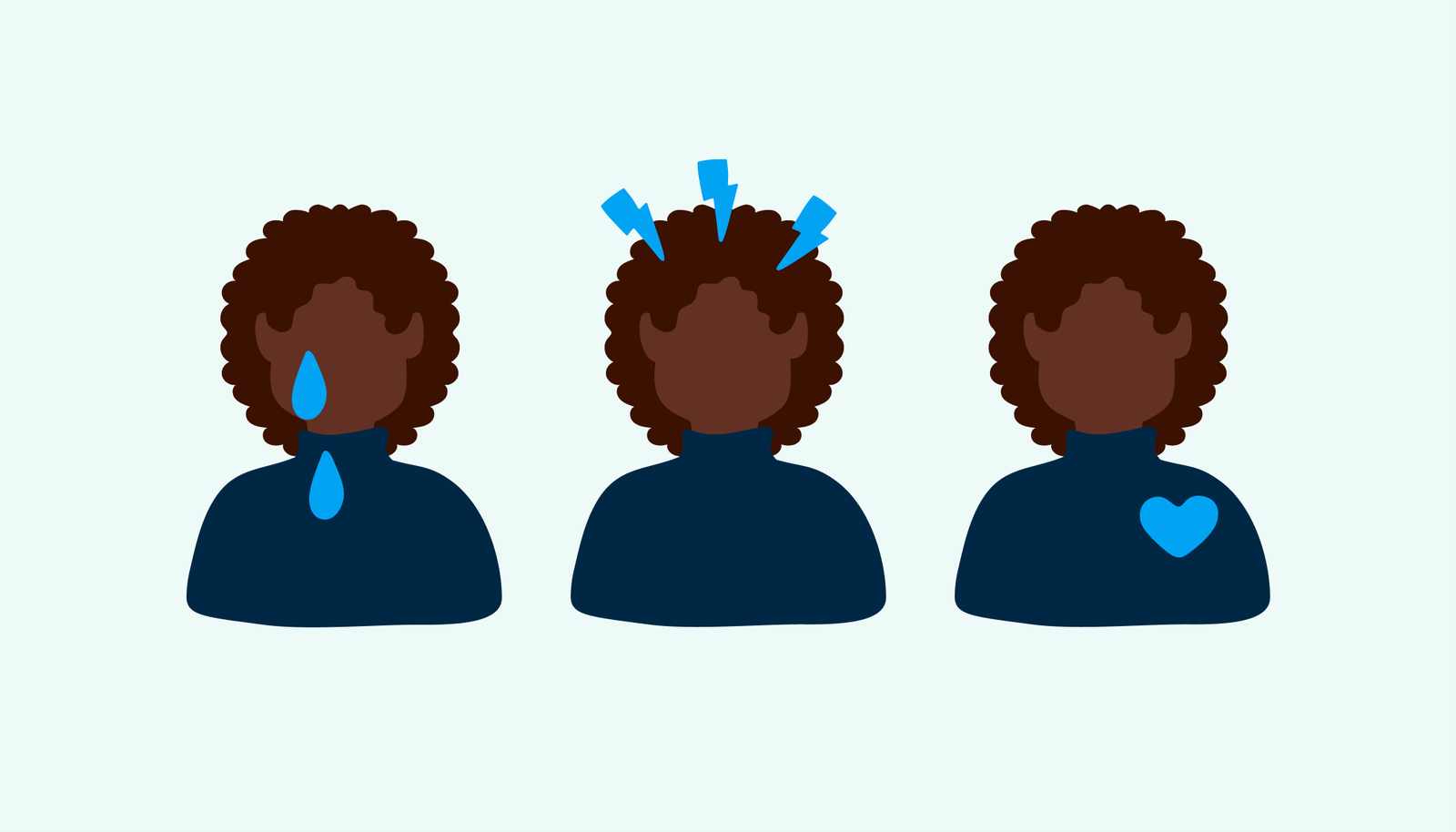Understanding and Managing Mood Swings: The major findings, strategy, and technological advice
Hormonal changes can result in emotional changes and affect a person’s experience of the day hugely. It refers to ‘cycles of highs and lows of mood, and may include feelings of depression or rage with no cause’. If you have recorded moods that last for more than two weeks or have a hard time trying to understand why you are in that particular mood, than you are most probably suffering from mood swings.
Identifying Mood Swings
MOOD SWINGS may be periods of low mood over several days, symptoms of ‘ups and downs’ or a shift in your mood for no reason. According to Angie Amonett, a therapist at Centerstone, “There are many reasons why someone might be experiencing mood swings, and there could be varying triggers that have caused them. ” Common triggers include:According to Angie Amonett, a Therapist at Centerstone, “There are many reasons why someone might be experiencing mood swings, and there could be varying triggers that have caused them. ” Common triggers include:
- Sleep disturbances
- Changes in diet
- Weather conditions
- Stress
- Trauma
- Substance use
When to Seek Help
Mood swings are said to be normal if do not hinder one’s daily activities. When the symptoms begin to affect your day-to-day life, one should ask him or herself a question regarding his or her conduct. Ask yourself:
- Am I having any changes in my physical situation or actions as a result?
- Am I stuck at some particularized emotion?
- Is it increasingly difficult for me to cope with my experiences?
According to Amonett, patients may need to seek support if the symptoms get in the way of the performance of the daily tasks.
Here are a few suggestions for individuals experiencing mood swings, regardless of gender.
1. Consult Your Doctor
If one finds that episodes of mood swings are assuming inconquerable proportions, then one should seek advice from the primary care doctor. They can assist in excluding some of the physical etiology and direct you to proper management. ‘It definitely has unhappy endings,’ said Amonett, ‘But there is help out there for you,’
2. Seek Therapy
After that, try going for therapy to deal with your emotions and your state of mind. If a person lets a therapist into their life, the therapist will be advantageous in equipping the person with effective tools for managing their emotions. “Psychological counseling is another effective tool to acquire new strategies on how to properly manage the emotions you go through with the help of mood swings, ” added Amonett.
3. Engage with Social Support
Try to continue your relationships with your friends and your loved ones. Do not cut off contact with other people and maintain a connection with people you can confide in. They can also give you an important source of help and comfort when you’re low, as when you’re depressed or anxious.
4. Adjust Your Diet
Food has a serious impact on your personality. To avert this, ensure that you have taken healthier foods because junk foods have the tendency to make you have bad moods. More effort has to be made in looking for healthy foods which you prefer.
5. Incorporate Regular Exercise
Exercises also help in stabilizing mood swings. You don’t have to work out vigorously; a daily walk is enough to get a positive result. Exercise as a regular part of your lifestyle as this is good for your health .
6. Prioritize Sleep
Proper sleep is something especially adequate for the mental health of individuals. It is recommended to get between seven and eight hours of good night’s sleep. Sufficient sleep contributes to your well-being and capability in executing tasks: Admission Homework Help.
Navigating mood swings can be challenging, but it also offers an opportunity for profound personal growth. By acknowledging and addressing the underlying causes, seeking professional guidance, and implementing practical strategies, you can turn these fluctuations into a path toward greater emotional resilience. Remember, every step you take towards understanding and managing your moods is a step towards a more balanced and fulfilling life. Embrace the journey with hope and positivity, knowing that with the right tools and support, transformative change is always within reach.












